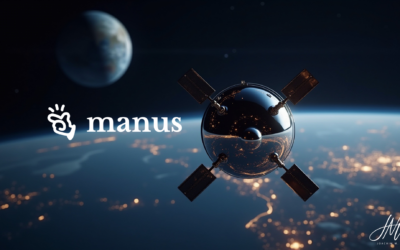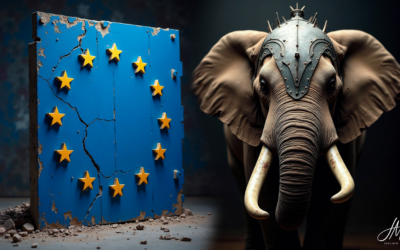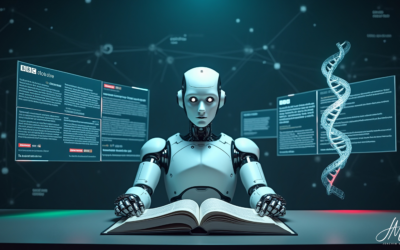Have you ever wondered how artificial intelligence (AI) affects our society and environment? 🤔 In this fascinating TED-Talk, Dr. Sasha Luccioni, a renowned computer scientist and climate leader at HuggingFace, explains the true dangers of AI and how we can avoid them. 😱
Dr. Luccioni is an expert on the interface of AI and social issues such as climate change, education, and health. 🌍👩🎓🩺 She is also an activist for a more sustainable and ethical practice of AI and has launched several tools and initiatives to measure and mitigate the impacts of AI. 🛠️🌱
Here are the key insights from this video:
- AI’s impacts extend beyond future existential risks, with current concerns regarding sustainability, consent, and bias. These issues require immediate attention and action. ⚠️
- Tools like CodeCarbon and “Have I Been Trained?” offer valuable insights into AI’s environmental and ethical implications, enabling informed decision-making and accountability. 📊👏
- The unauthorized use of artists’ and authors’ work in AI models raises important copyright concerns. Solutions like opt-in/opt-out mechanisms can empower creators and protect their intellectual property rights. 🎨📚🔐
- Bias in AI models can perpetuate harmful stereotypes and result in real-world consequences, including false accusations and discrimination. Addressing bias is crucial for the fair and ethical deployment of AI technologies. 🚫👎
- The Stable Bias Explorer tool highlights the need for diversity and representation in AI models, as it reveals significant biases related to race and gender. This emphasizes the importance of developing inclusive and unbiased AI systems. 🌈👍
- Transparency and accessibility are key in understanding and addressing AI’s impacts. By creating tools and providing information, stakeholders can make informed choices, shape regulations, and ensure AI models are trustworthy and respectful of users’ data. 🕵️♂️🙌
- Collaboration between researchers, companies, legislators, and users is essential in mitigating the negative impacts of AI. By working together, we can establish guidelines and practices that prioritize sustainability, consent, and fairness. 🤝👏
How can you help to reduce the negative impacts of AI? What tools or initiatives would you like to see or use? Let’s work together to create a more sustainable and ethical AI world! 💚😊






